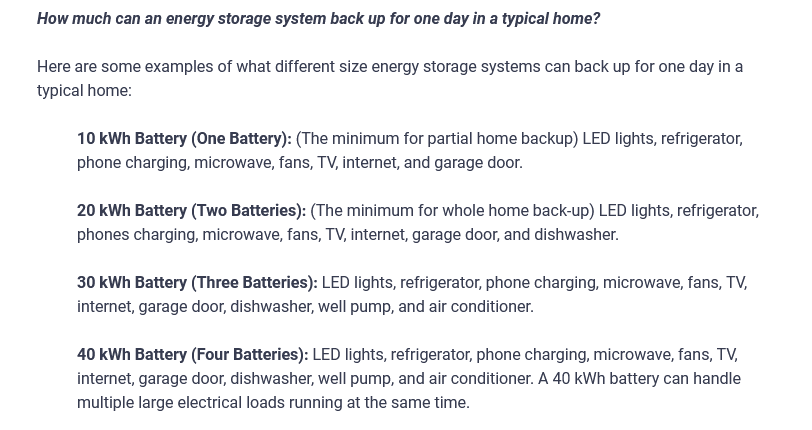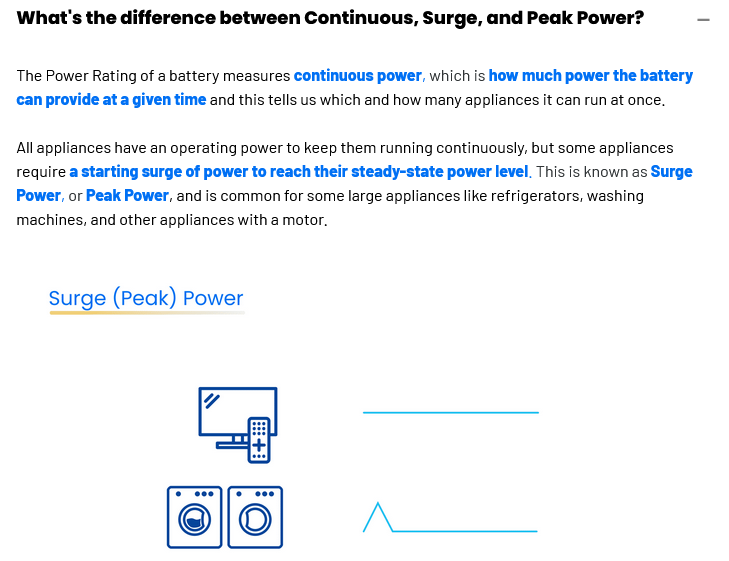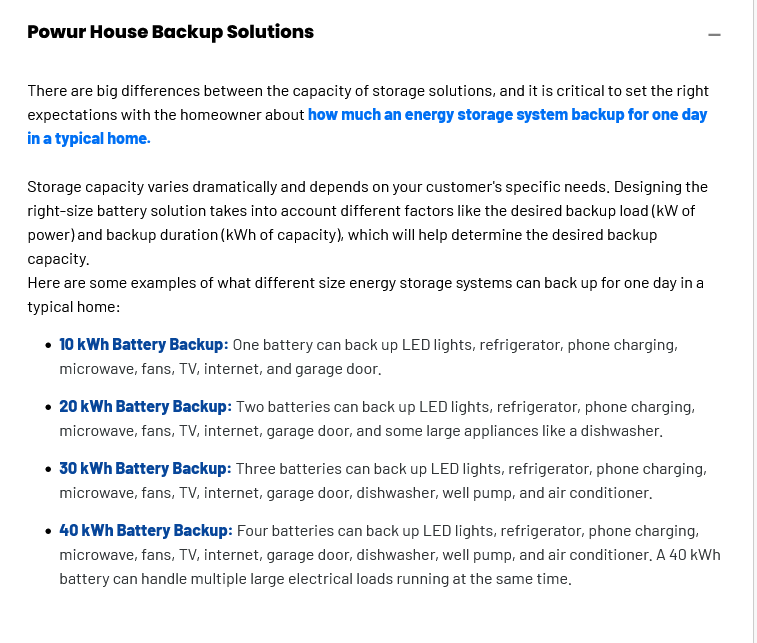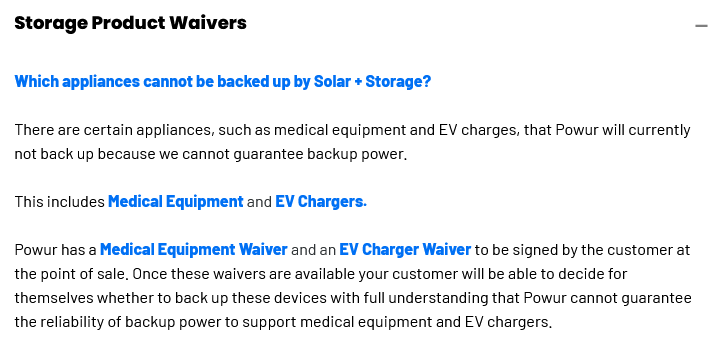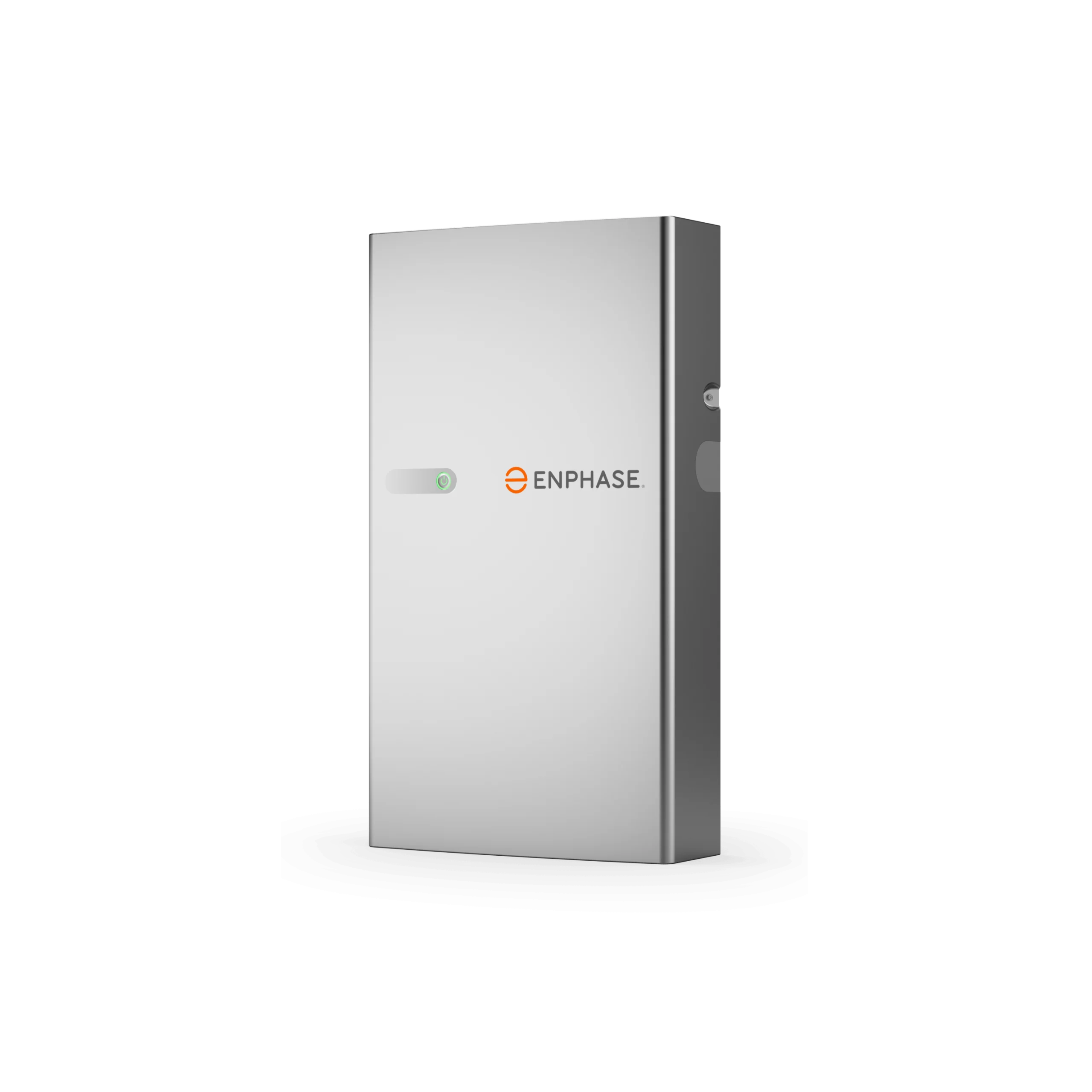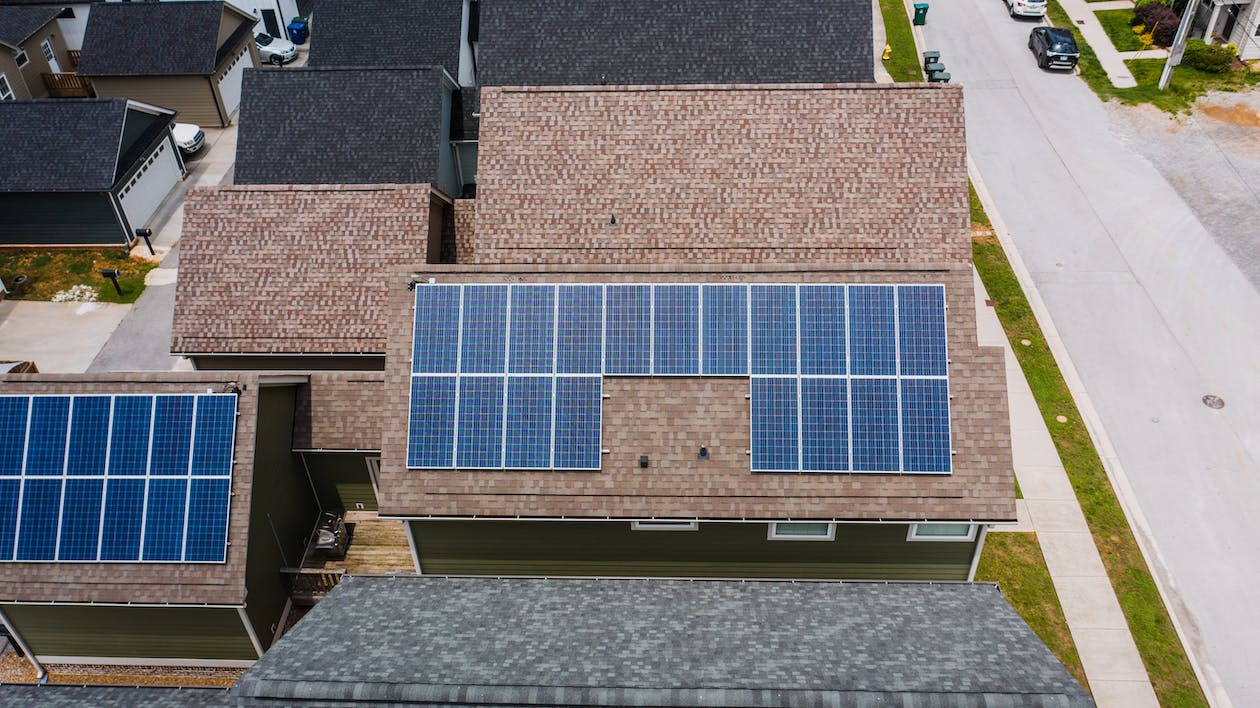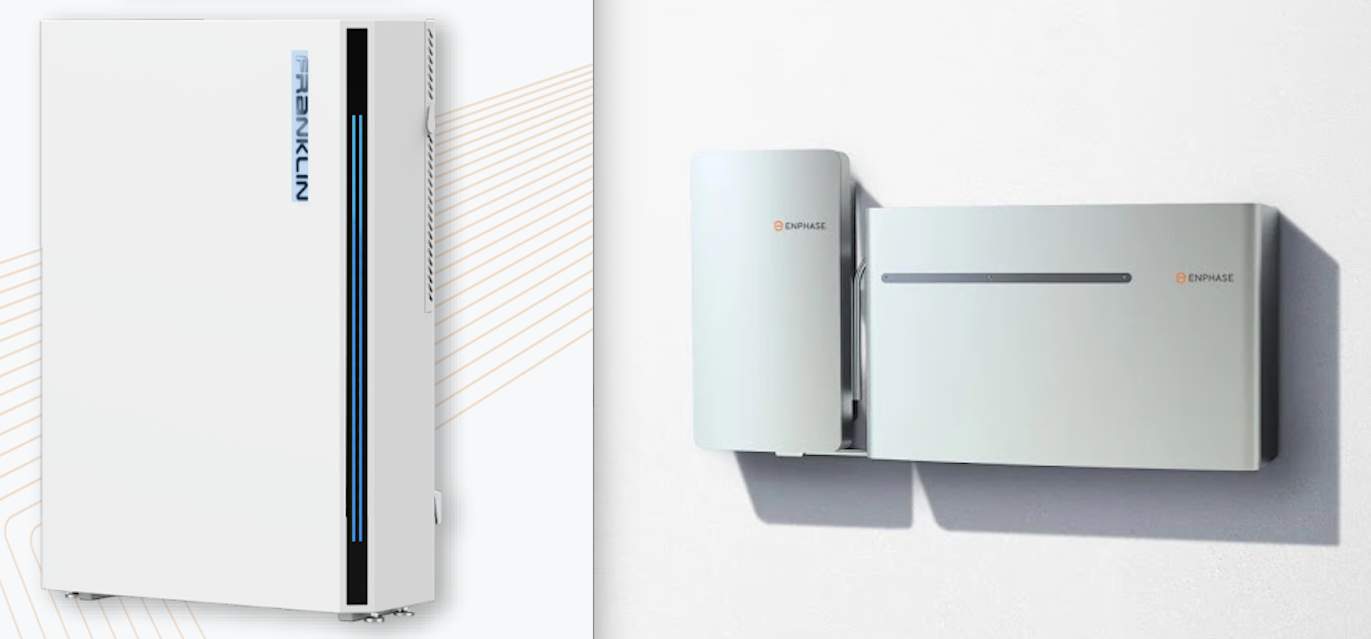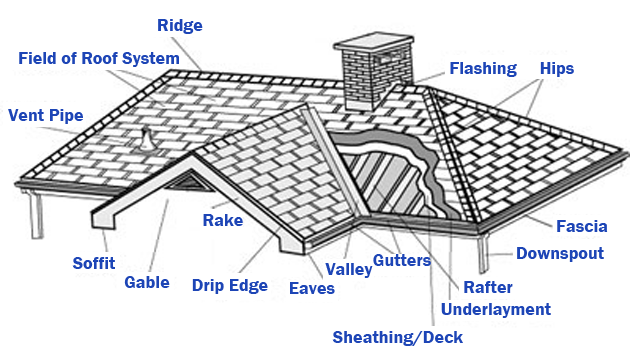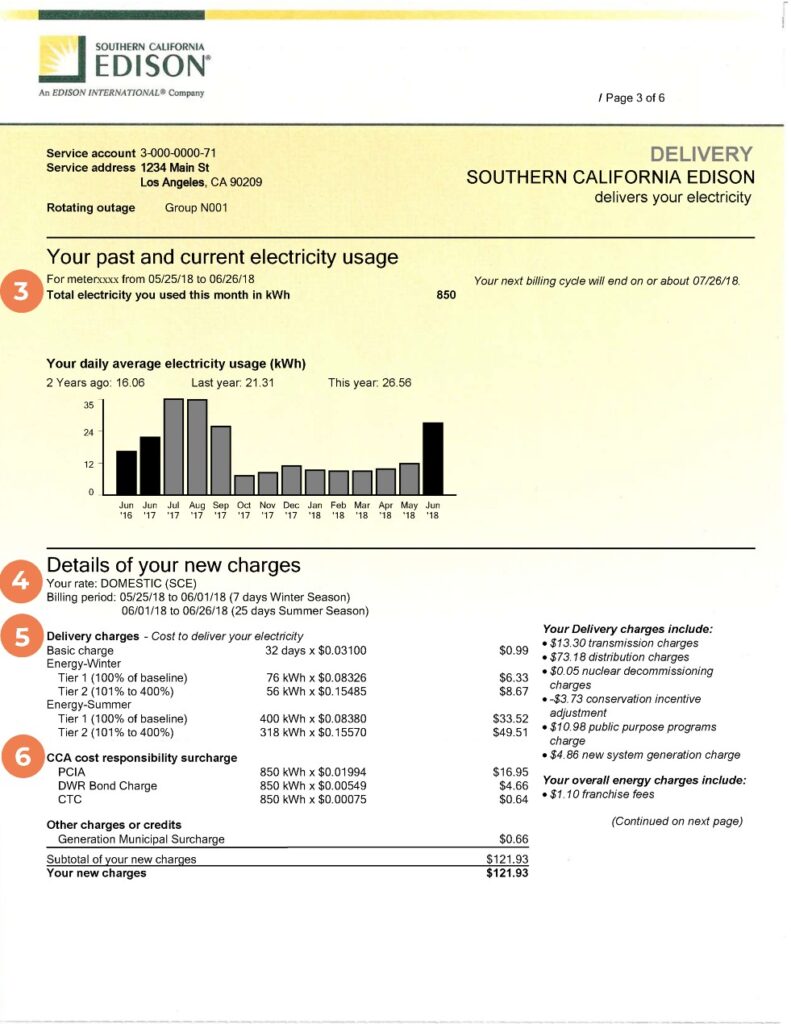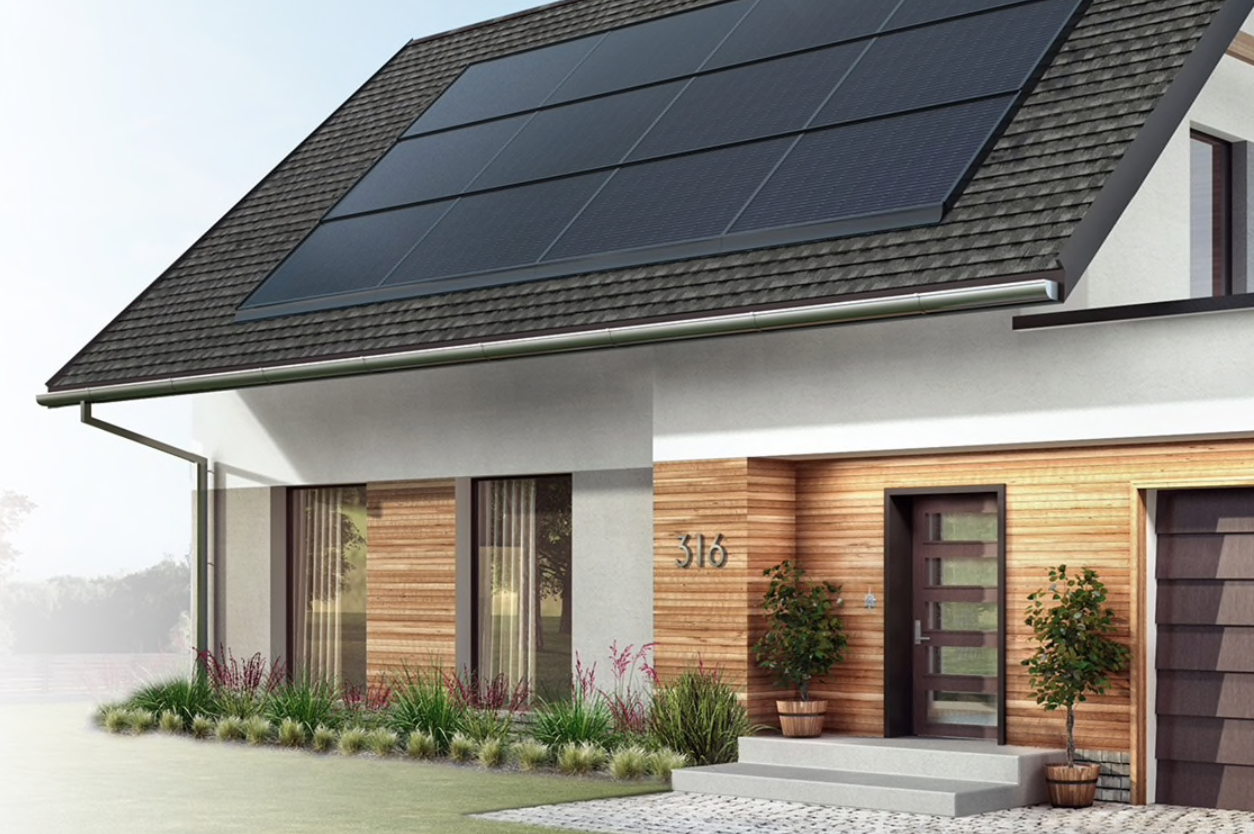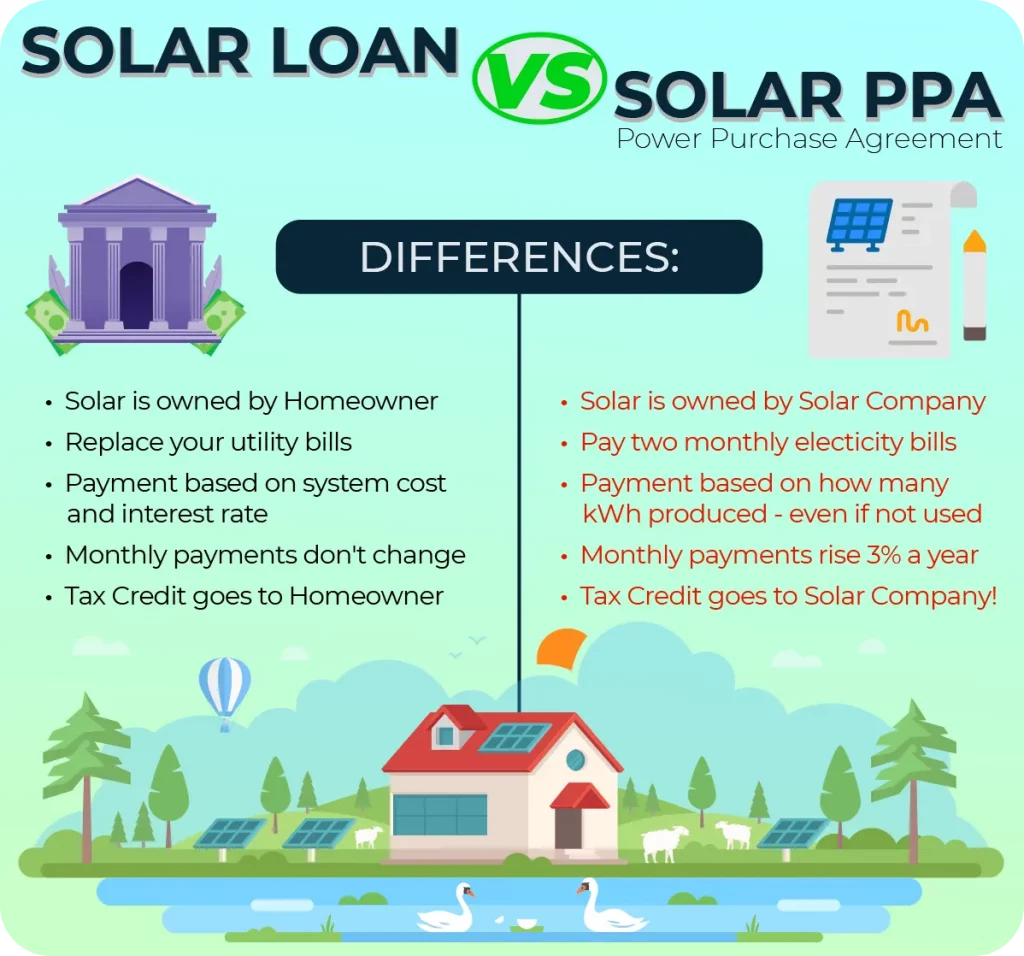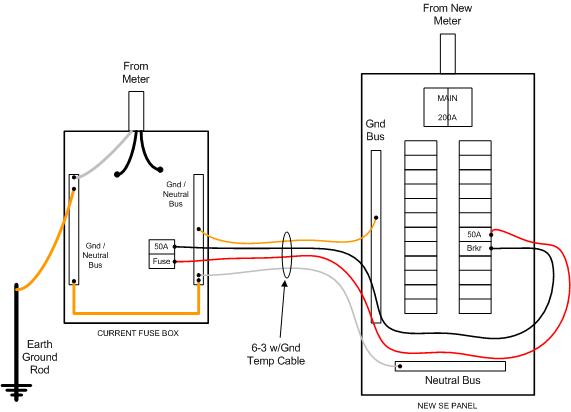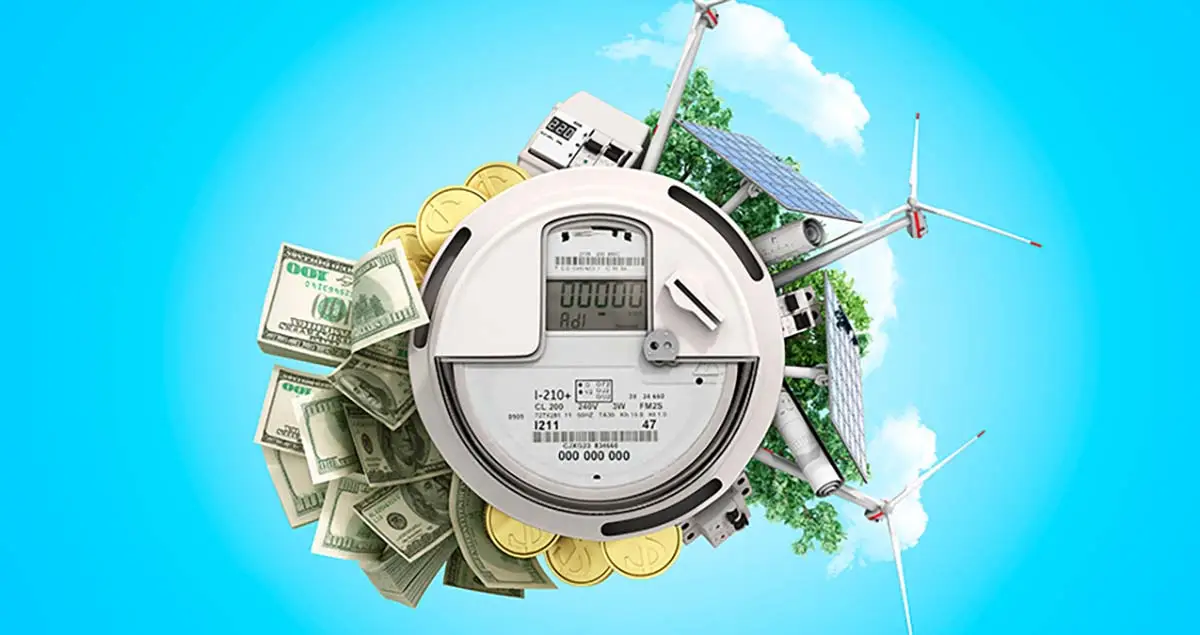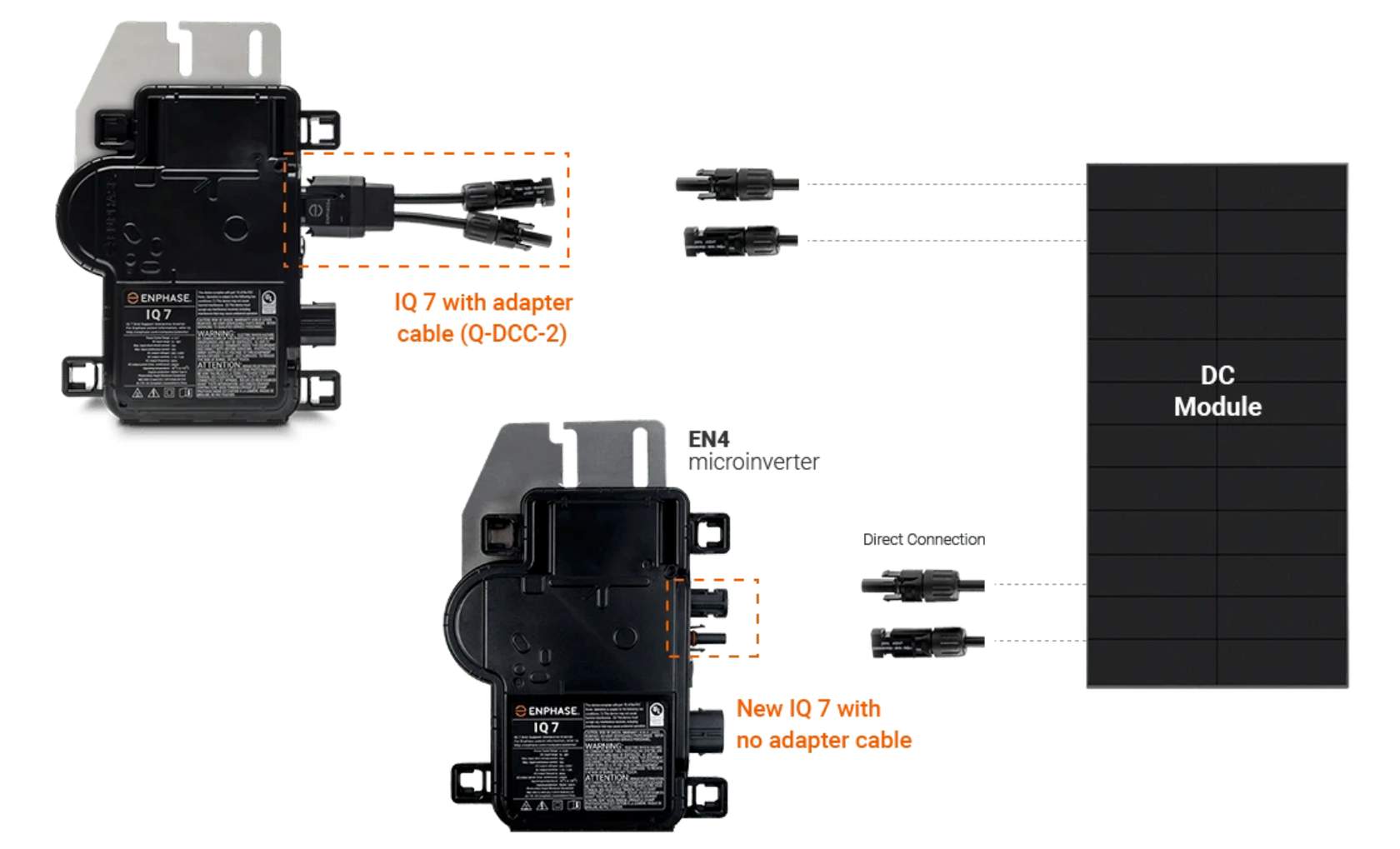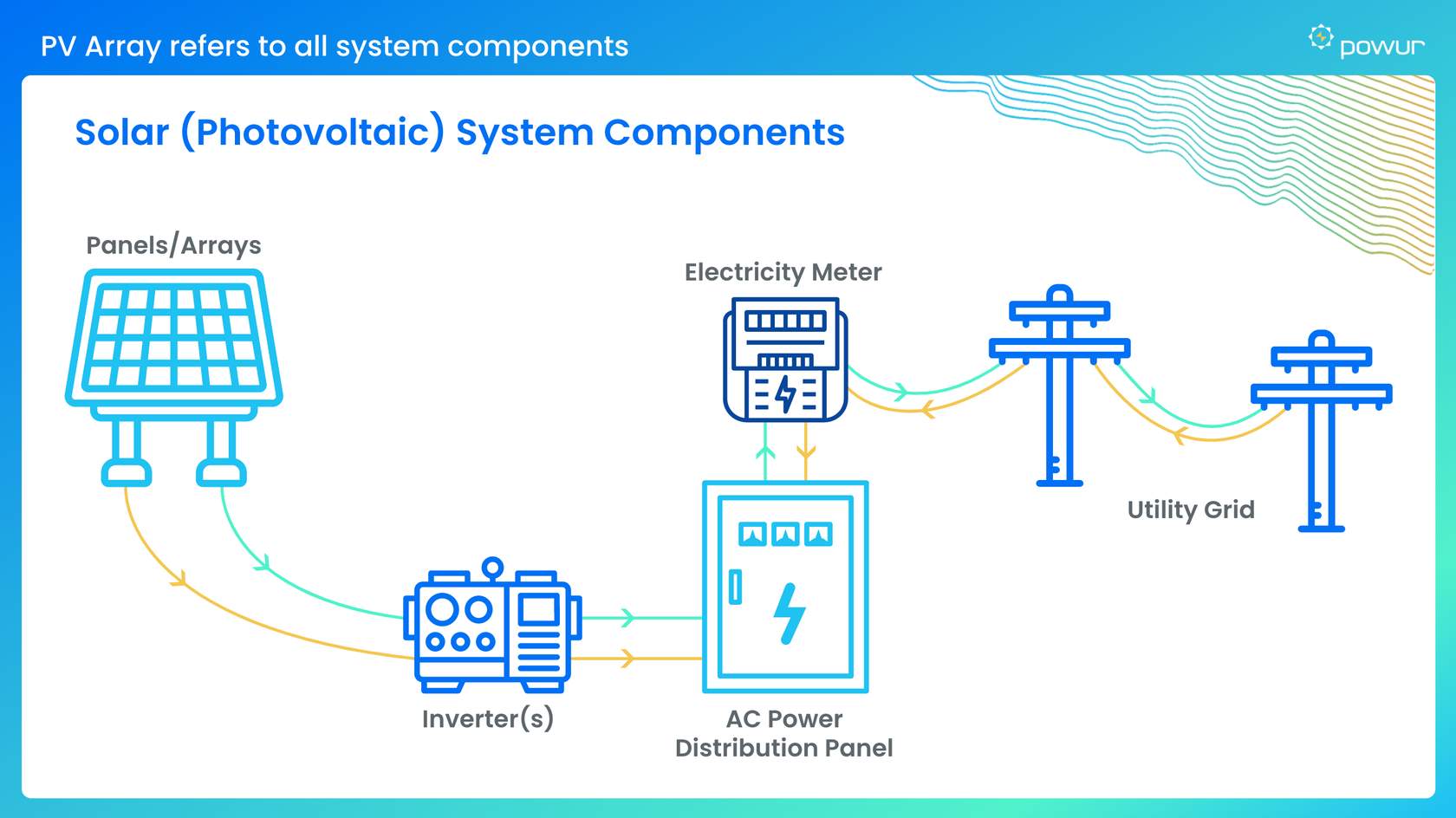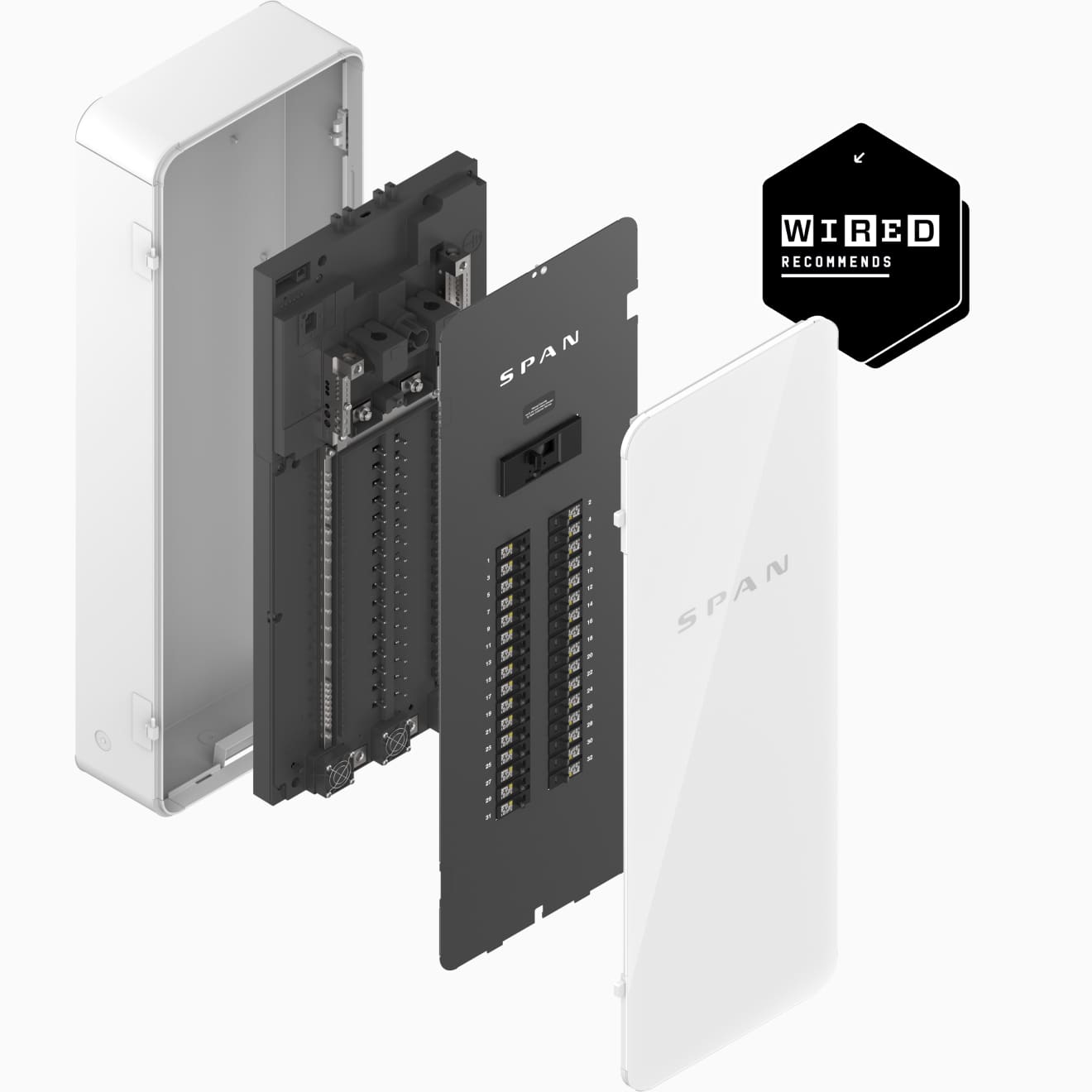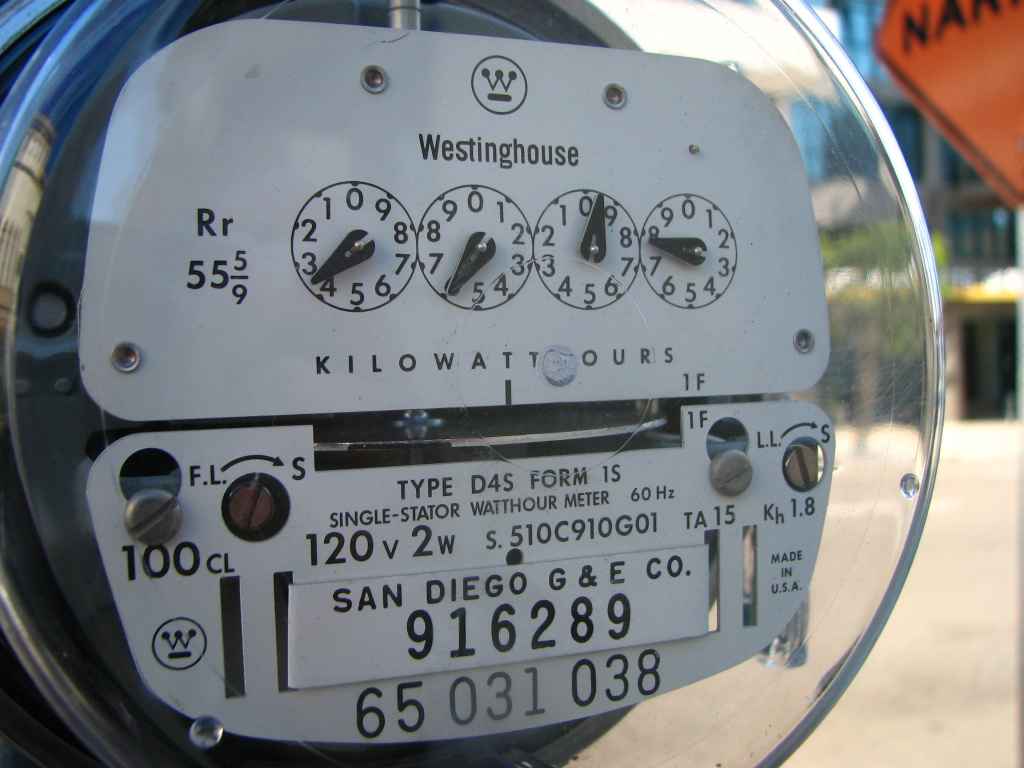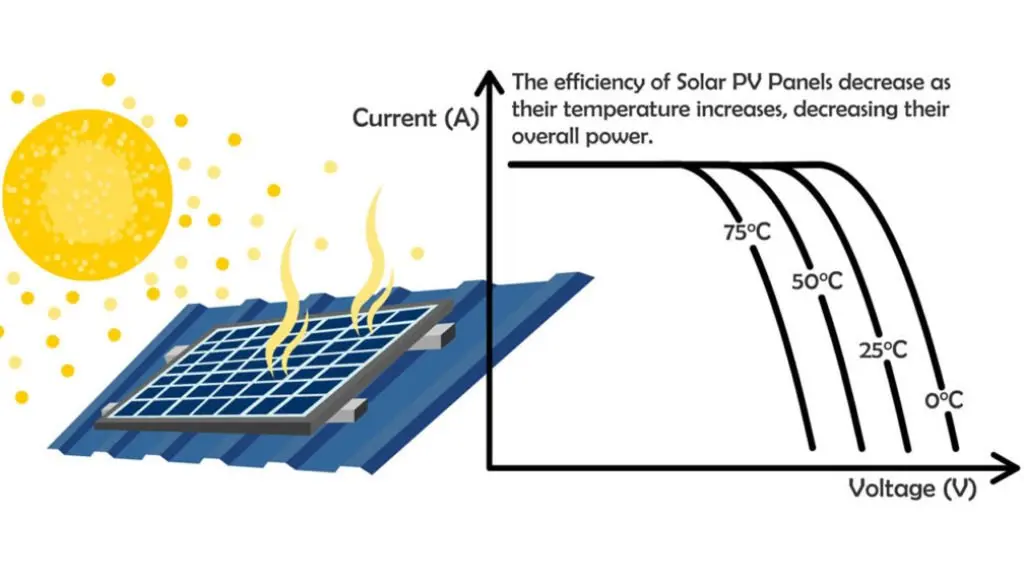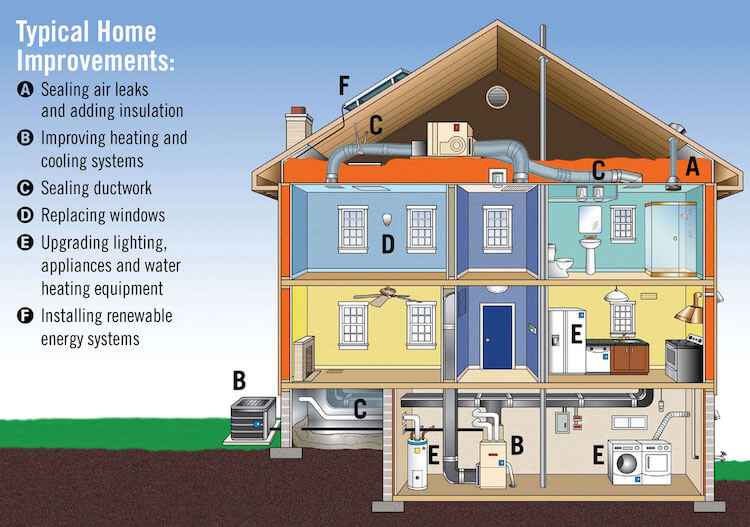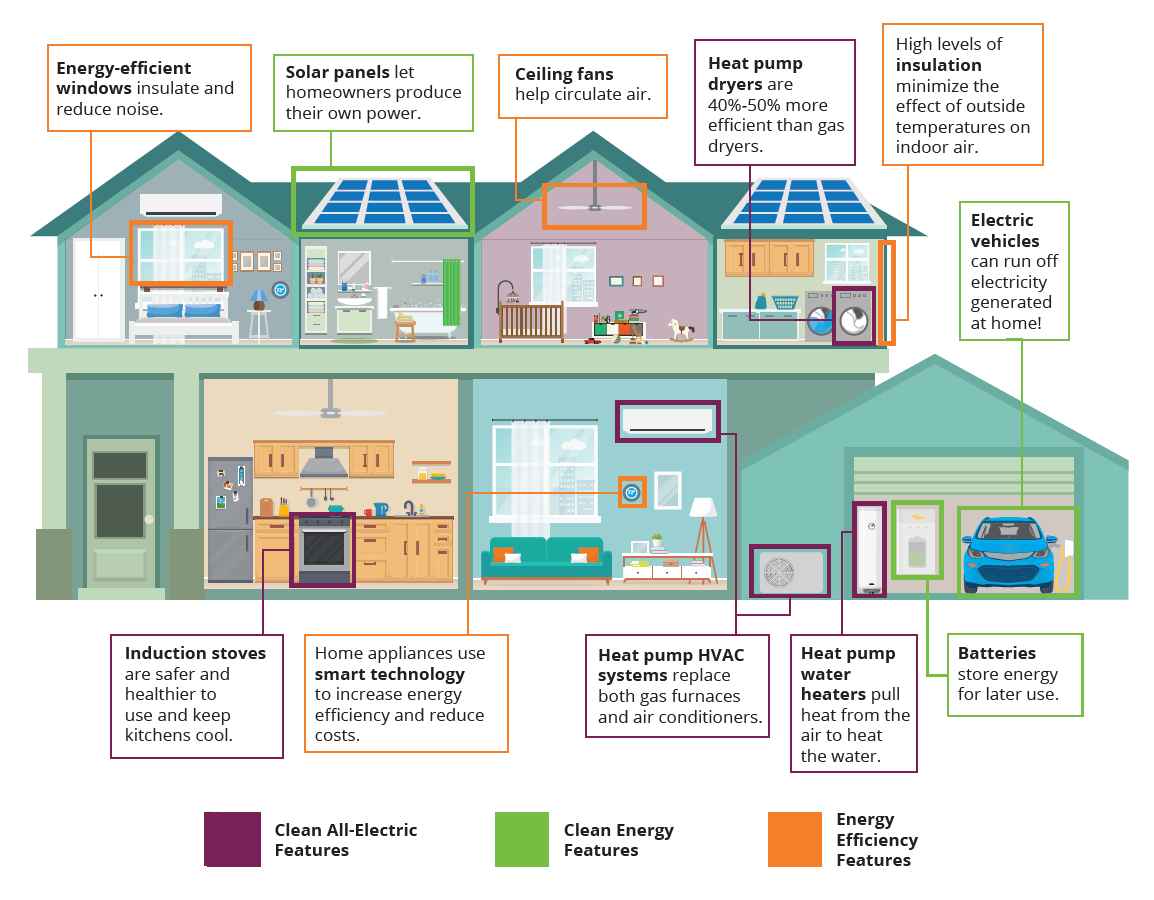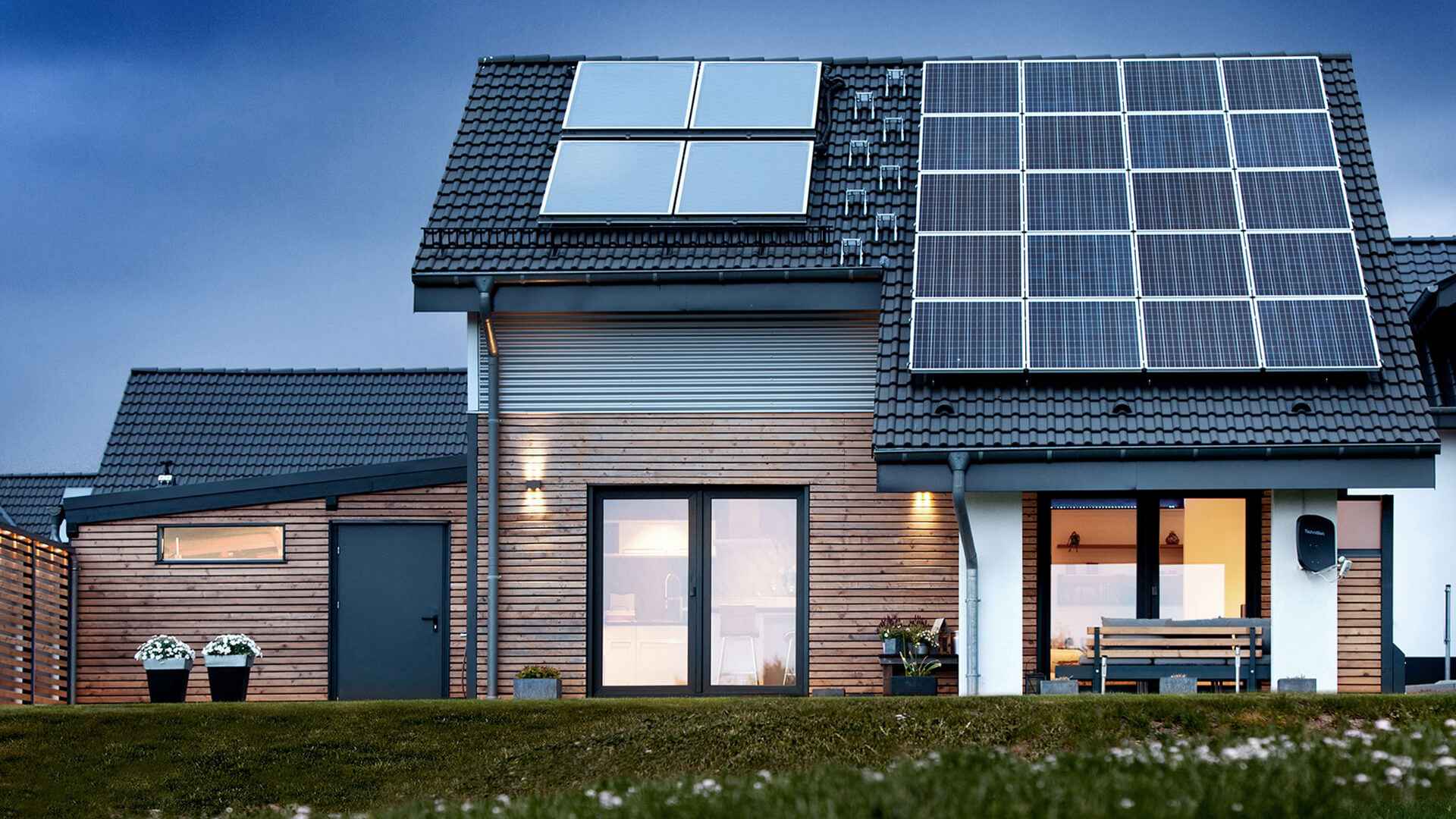
- October 13, 2023
- admin
- 0
FranklinWH Value Proposition
Whole Home and Partial Home Energy Solutions.
For those on a budget, FranklinWH offers a straightforward partial backup feature while providing versatile stackability and a sleek design for comprehensive Whole Home Energy Management.
Unmatched Power Capacity
FranklinWH is renowned for its impressive stackability and high surge rating. With a continuous output of 5kW and a 10kW surge rating for 10 seconds, this system combines modularity with extraordinary power. Multiple aPowers can be stacked, delivering up to 38kW continuous power on a single aGate, and a massive 204kWh capacity – among the highest in the residential battery industry.
Industry-Leading Reliability
Our easy-to-use monitoring and reporting features empower both homeowners and installers to stay in control and address issues before they become major problems. In comparison to the industry standard of 10 years, FranklinWH’s 12-year warranty offers complete peace of mind.
Sizing Guidance 3.0: Intelligent Power Management
Franklin Home Power’s proprietary software, Sizing Guidance 3.0, is tailored for Time of Use rate arbitrage, Self Consumption, and Emergency Backup (off-grid) right out of the box.
Islanding / Solar Surge Protection
Maintain the power output of your solar panels during outages without depleting your battery, ensuring power availability for nighttime use. FranklinWH’s energy management system can seamlessly integrate multiple power sources during outages, providing power throughout the day and evening. It’s also compatible with standalone generators.
Smart Circuits: Precision Power Management
FranklinWH’s unique Smart Circuits function as intelligent power managers for selected appliances. Program your home’s largest appliances (HVAC, EV, water heater) and reduce compromises by instructing comfort appliances to turn off during outages – either manually or through the FranklinWH App. These circuits can be used during sunny days and turned off to prevent battery depletion after sunset.
A Comprehensive Guide to Selecting the Right Battery Size for Your Home
Choosing the appropriate battery size for your home is a critical decision that hinges on a multitude of factors. The process entails considering not only your energy consumption but also the size of your residence, the appliances in use, as well as your personal objectives and budget constraints. Below, we delve into the intricacies of each step to guide you through the sizing and design process for your ideal energy storage solution.
Step 1: Determining Energy Needs
The initial and pivotal step in sizing your battery involves a meticulous assessment of your energy needs. This is typically accomplished by calculating the average daily energy usage in kilowatt-hours (kWh) based on the utility bills you’ve collected from the customer. This data provides the foundational understanding necessary for selecting an appropriately sized battery.
Step 2: Identifying Energy Goals
The next critical aspect of battery sizing is to align the system with your specific energy objectives. Depending on your intentions, you may be seeking a battery solution tailored for self-consumption or backup power for your entire home or just a portion of it. Different goals necessitate different battery sizes. For example, the Powur Saver plan for self-consumption generally requires a single 10 kWh battery, while the more extensive Powur House options may demand storage capacities ranging from 20 kWh to 40 kWh.
Step 3: Determining Battery Capacity
Once you have a clear picture of your energy needs and goals, the next step is to determine the appropriate battery capacity. This is where the rubber meets the road. Your battery capacity should be carefully selected to provide a sufficient reservoir of energy to meet your needs. Generally, it is recommended to size your battery to store enough energy for 1-2 days of consumption. The exact quantity will depend on whether your primary objective is self-consumption or backup storage. This pivotal step ensures that you have an adequate buffer to cater to your energy requirements, even during adverse conditions.
